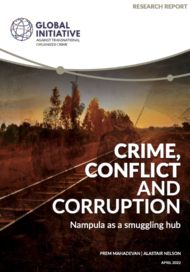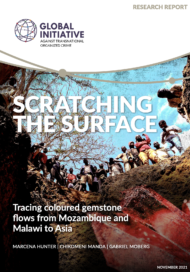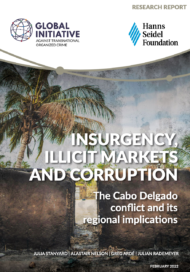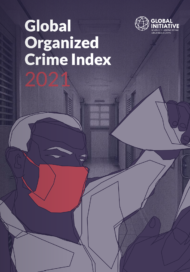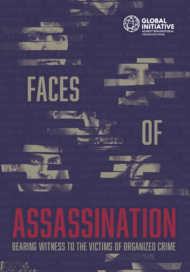Posted on 14 Apr 2022
This paper explains why Nampula, the third-largest city in Mozambique, became a hub for various types of contraband smuggling, especially involving illicit environmental commodities.
Referred to as ‘the capital of the north’, owing to its economic prominence in that part of the country and in contrast with the national capital, Maputo, in the far south, Nampula is, to some extent, a city controlled by organized crime.
Corruption, especially at the political level, is crucial to the sustenance of the criminal economy in Nampula. The city stands out for its size and centrality in the impoverished north, and its transportation infrastructure makes it a favored location for various types of illicit flows, all of which generate revenue for local and national officials. There has been significant recent investment in five-star hotels and new shopping centers, which seems beyond the requirements for an otherwise fairly run-down city, and which suggests money laundering. In such a context, foreign criminal networks from West Africa and East Asia, as well as South America, have found it relatively easy to purchase contacts. The permeability of the Mozambican state apparatus to foreign cash is one of the main issues highlighted by this paper.
The biggest illicit market in Nampula, in terms of value, is still narcotics. This is partly a result of the rent-seeking behavior of sections of the political elite in Mozambique, who have ignored the movement of contraband through the country in return for tributes. The drug trade serves as an umbrella for other illicit flows, including environmental products. The field research for this paper finds that, after drugs, the illicit trade in gemstones was more prominent in the underground economy of Nampula than either timber or ivory.
